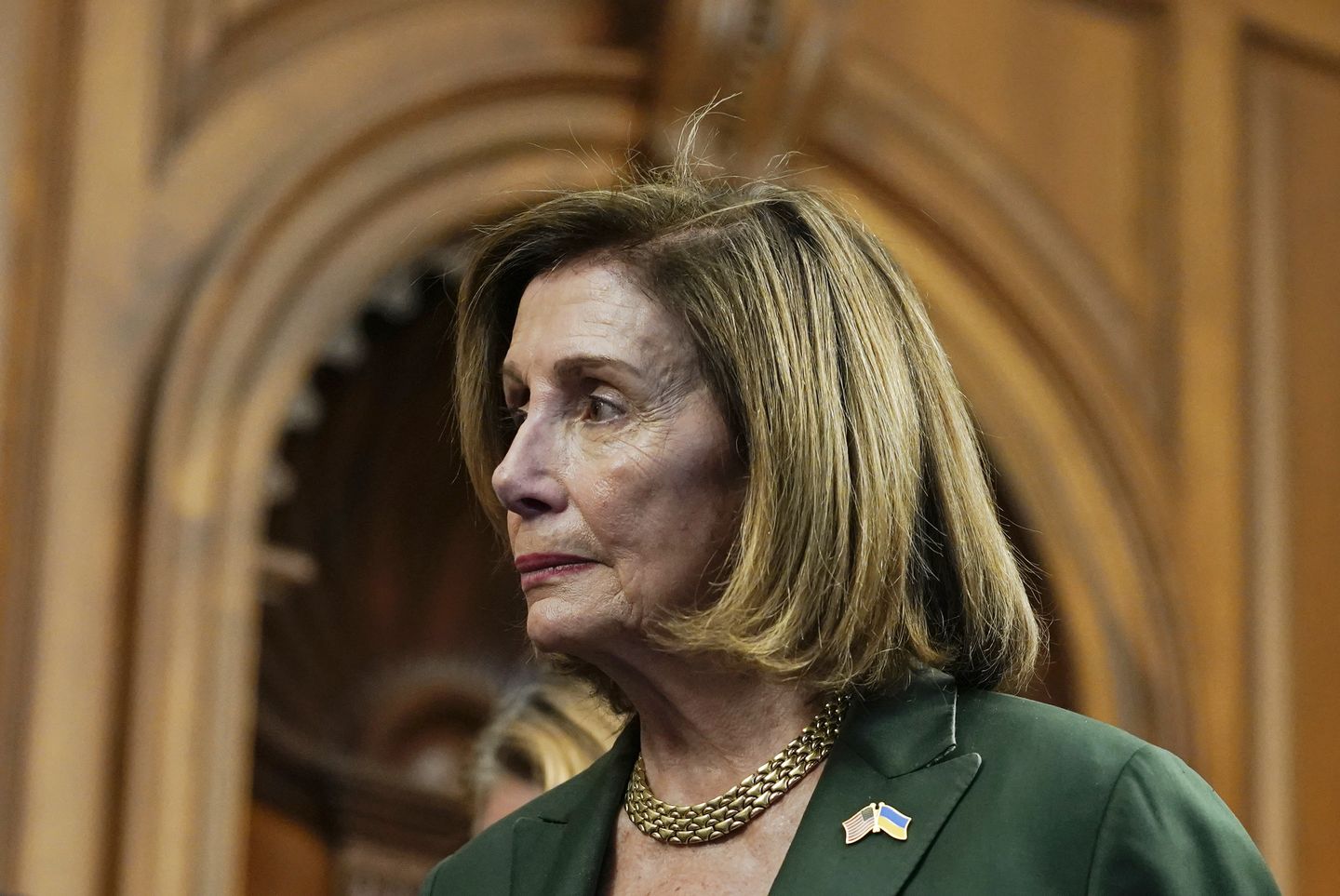

House Speaker Nancy Pelosi kicked off a four-country Asia trip on Sunday but remained coy about whether she’ll visit Taiwan, a move that would anger Beijing and likely ratchet up tensions between the U.S. and China.
Mrs. Pelosi, California Democrat, is being joined by five other House Democrats for the trip, which will include stops in Singapore, Malaysia, South Korea and Japan.
“In Singapore, Malaysia, South Korea and Japan, our delegation will hold high-level meetings to discuss how we can further advance our shared interests and values, including peace and security, economic growth and trade, the COVID-19 pandemic, the climate crisis, human rights and democratic governance,” she said in a statement Sunday. “Under the strong leadership of President Biden, America is firmly committed to smart, strategic engagement in the region, understanding that a free and flourishing Indo-Pacific is crucial to prosperity in our nation and around the globe.”
But her statement did not mention Taiwan or the possibility that Mrs. Pelosi will visit the island, which China considers a breakaway province.
Mrs. Pelosi would be the highest-ranking U.S. official to visit Taiwan in about 25 years. Such a move could upset America’s delicate “One China policy,” under which Washington takes no formal position on Taiwan’s status but retains informal relations with the island and is required by federal law to help ensure its defense against a potential attack.
Some members of Congress have openly encouraged Mrs. Pelosi to visit Taiwan and to not yield to public pressure from Beijing.
SEE ALSO: Drone strike injures 6 at Moscow’s Black Sea Fleet headquarters
But the White House has seemed much more cautious and has tried to head off any potential blowback from a Taiwan visit.
In a phone call last week Chinese President Xi Jinping warned President Biden against interfering in China-Taiwan relations. And the Chinese Ministry of Defense said last week that it would take “strong measures to thwart any external interference,” presumably referring to the U.S.
White House National Security Council spokesman John Kirby tried to cool those tensions Friday.
“There’s no reason for it to come to that, to come to blows,” Mr. Kirby said at a White House briefing. “There’s no reason for that because there’s been no change in American policy with respect to One China.”
• This article is based in part on wire service reports.
